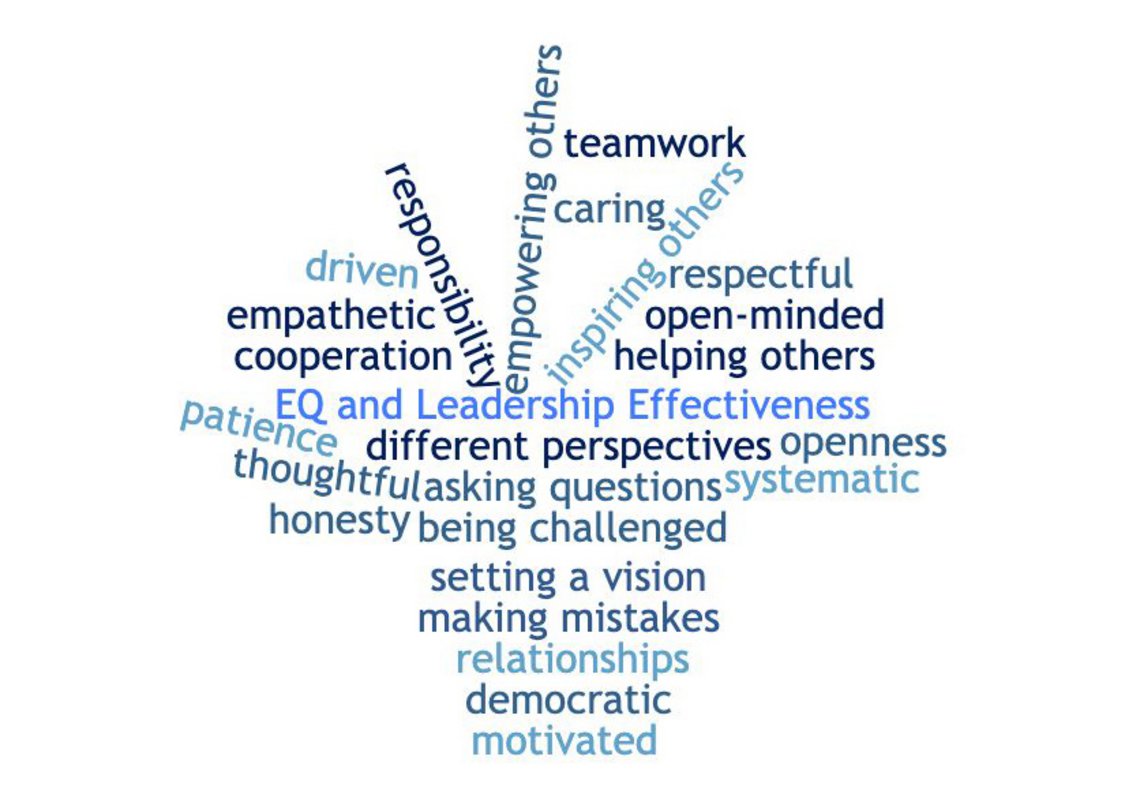Angela Chamosfakidis, Academy Faculty
"As this long year is coming to an end, I take a minute to appreciate and be in awe of the remarkable gift of education; the remarkable gift of working with students and learning with them every single day!
Despite the difficult and challenging circumstances of this past year, I am amazed by not only the incredible resilience of our students but also their impressive accomplishments.
Elina Pipa, a Senior IBDP Psychology student, undertook an independent research project in Psychology.
Beyond any classroom and/or curriculum expectations, she brought it to completion by applying herself with enthusiasm, persistence and dedication.
Her Research Question was relevant to the extent to which Emotional Intelligence (EQ) can be considered an effective Leadership characteristic.
The end result of this entirely student-initiated project is authentic, scientific research that was conceived, executed and presented with astonishing professionalism!
Please find the abstract with a summary of the student's research below - if interested in the details of the entire report, please click here."
Abstract
This investigation explores the extent to which the Emotional Intelligence Quotient (EQ) can be considered an effective leadership characteristic.
It was conducted through the correlational analysis of structured interviews and scores of the IDR-EQ-4 Emotional Intelligence test.
The sample comprised four leaders of various institutions in Athens, Greece, and two student leaders from English-speaking High Schools. Participants underwent the interview and EQ test.
Content analysis was conducted by finding evidence of EQ's four categories (Sociability, Self-Control, Empathy, and Wellbeing) within the participants' interview responses regarding leadership effectiveness.
The results provide some evidence to support the relationship between EQ and leadership effectiveness, in consistency with relevant literature.
The study's findings further identify an emphasis on the EQ categories of Wellbeing and Empathy to achieve effective leadership. Implications are also raised as they relate to particular leadership styles.
For example, how a “servant leadership” style relates/ is aligned more with EQ characteristics. The limitations of the sample and the design are identified.
Discussion indicates the need for further research in terms of gender, age, and sector factors.




